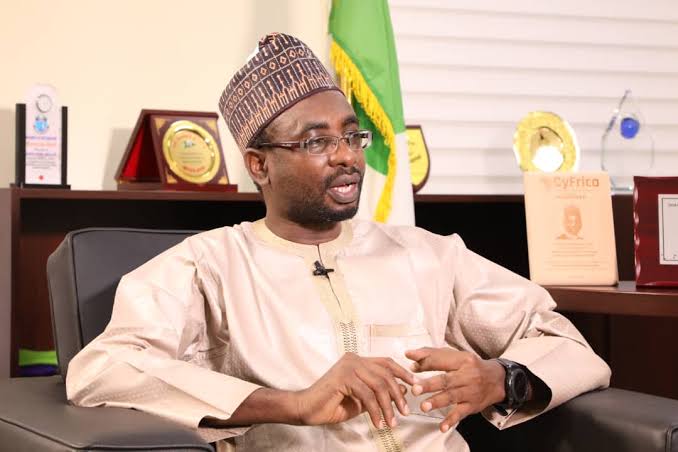Kashifu Abdullahi, the Director-General of the National Information Technology Development Agency (NITDA), has played a crucial role in promoting citizen engagement in Nigeria’s digital landscape. Under his leadership, NITDA has introduced major initiatives to enhance collaboration between the government and the public, reshaping the development and implementation of policies.
One significant effort is the recent Digital Policy Dialogue event, organized in partnership with the Digital Transformation Centre (DTC) and Deutsche Gesellschaft für Internationale Zusammenarbeit (GIZ). This two-day event in Abuja focused on the Participatory Policy Implementation Framework (PPIF), aimed at actively involving citizens in the policy-making process to promote a sense of ownership and accountability among stakeholders.
During the event, Abdullahi outlined a vision for a more inclusive governance structure, advocating for a collaborative approach emphasizing co-design and co-creation. This strategic shift signifies a commitment to not only technological advancement but also fostering transparency and engagement with citizens at all levels.
Abdullahi also emphasized the significance of partnerships, particularly commending GIZ for its ongoing support. This collaboration has facilitated the development of impactful frameworks, such as the Nigerian Startup Act, created through a collaborative process involving various tech ecosystem stakeholders.
Building on this initiative, the collaboration with GIZ and DTC led to the formulation of the National Digital Literacy Framework (NDLF). This framework has garnered substantial citizen engagement, with members of the creative sector advocating for digital literacy across Nigeria.
Recognizing the pressing need for digital skills in today’s economy, Abdullahi has initiated partnerships with the National Youth Service Corps (NYSC) to train citizens across all 774 local government areas. Additionally, NITDA is actively collaborating with the Ministry of Education to incorporate digital skills into the national curriculum, targeting implementation by next year.
This forward-thinking approach aligns with the Ministry of Communications, Innovation, and Digital Economy’s long-term goal of achieving 95 percent digital literacy by 2030 and a target of 70 percent by 2027. These ambitious objectives highlight the commitment to equipping Nigerian youth with the skills necessary for success in a digital economy.
Abdullahi’s vision is further reflected in NITDA’s Strategic Roadmap and Action Plan (SRAP 2.0), which outlines a comprehensive approach to strengthening policies and legal frameworks across various sectors. A key pillar of this roadmap emphasizes the reinforcement of policy implementation and legal frameworks to ensure that citizen engagement extends beyond the tech sector into areas like education, agriculture, and healthcare. The goal is to establish a sustainable participatory policy implementation framework adaptable to various sectors, fostering a holistic approach to governance and public involvement.

